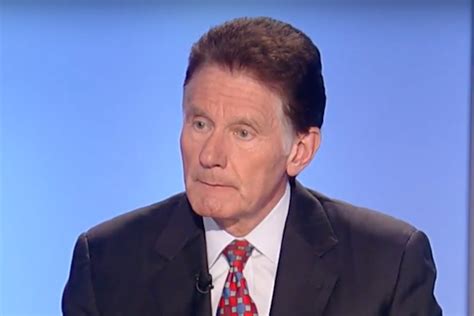A Quote by Jack D. Forbes
Imperialism creates the illusion of wealth as far as the masses are concerned. It usually serves to hide the fact that the ruling classes are gobbling up the natural resources of the home territory in an improvident manner and are otherwise utilizing the national wealth largely for their own purposes. Eventually the general public is called upon to pay for all of this, frequently after the military machine can no longer maintain external aggression.
Quote Topics
After
Aggression
As Far As
Classes
Concerned
Creates
Eventually
External
Fact
Far
Frequently
General
General Public
Hide
Home
Illusion
Imperialism
Largely
Longer
Machine
Maintain
Manner
Masses
Military
National
Natural
Natural Resources
Otherwise
Own
Pay
Public
Purposes
Resources
Ruling
Ruling Class
Territory
Up
Utilizing
Wealth
Related Quotes
The homestead policy was established only after long and earnest resistance; experience proves its wisdom. The lands in the hands of industrious settlers, whose labor creates wealth and contributes to the public resources, are worth more to the United States than if they had been reserved as a solitude for future purchasers.
A ten per cent reduction in military expenditures per year would be reasonable, coupled with a programme of retraining the workforce and redirecting the resources in a manner that creates employment and advances social welfare. I also encourage all States to contribute to the UN's annual Report on Military Expenditures by submitting complete data on national defence budgets.
The whole privatisation of health and education, of natural resources and essential infrastructure - all of this is so twisted and so antithetical to anything that would place the interests of human beings or the environment at the center of what ought to be a government concern - should stop. The amassing of unfettered wealth of individuals and corporations should stop. The inheritance of rich people's wealth by their children should stop. The expropriators should have their wealth expropriated and redistributed.






































